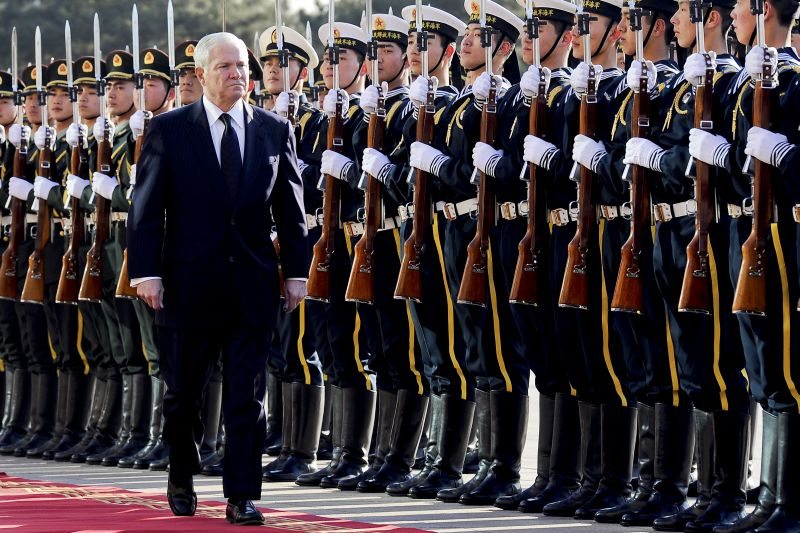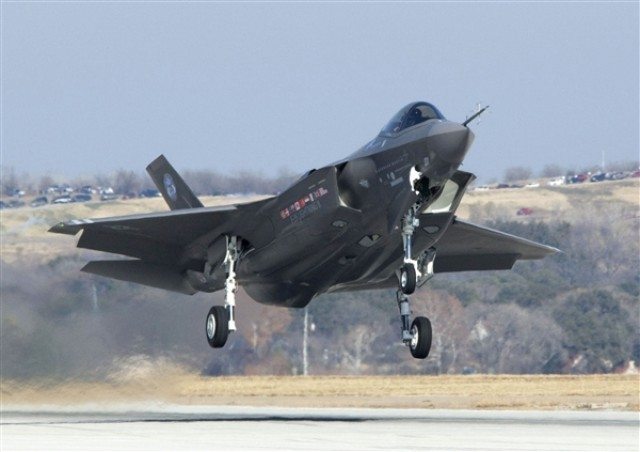China: Defense Secretary Robert M. Gates ended his meetings in China today, saying the discussions he had with Chinese officials will take the military-to-military relationship between the two countries to the next level.
Gates ended his trip with a visit to the Great Wall. Perhaps the largest defense project in the world, the wall snakes along ridgelines north of Beijing.
In the morning, Gates visited the headquarters of the Peoples’ Liberation Army’s 2nd Artillery Corps. The corps has control of China’s nuclear weapons and the means to control them.
Gates spoke to reporters traveling with him atop the Great Wall. He praised the visit and his Chinese hosts. During his visit, he met with Chinese President Hu Jintao, Vice President Xi Jinping, Gen. Xu Caihou, the vice chairman of the Central Military Committee, National Defense Minister Gen. Liang Guanglie and Foreign Minister Yang Jiechi.
“The discussions were productive and set the stage for taking the military-to-military relationship to the next level,” the secretary said.
Gates said he had “very candid” conversations with Gen. Jing Zhiyuan, commander of the 2nd Artillery Corps, and that Jing accepted his invitation to visit the U.S. Strategic Command at Offutt Air Force Base, Neb., later this year.
“This is part of the step-by-step process of building this relationship,” the secretary said.
Gates stressed repeatedly during his visit to Beijing that enhancing the military-to-military relationship will take time and will require commitment on both sides to maintain it regardless of which way the political winds blow.
During the discussions at the 2nd Artillery Corps, Gates said, U.S. and Chinese leaders discussed Chinese nuclear policy and its overall approach to nuclear conflict. “We talked about their no-first-use policy, about command and control and several other subjects,” the secretary said. “I felt that it was a wide-ranging and a pretty open conversation.”
Overall, the secretary said, he was pleased with the reception he received from Chinese officials.
“What came across to me is both the military and civilian leadership seemed determined to carry this relationship further and build upon it,” he said. “Are there those who have issues with it? Possibly, but I didn’t meet them on my trip, and I’m very encouraged going forward.”











